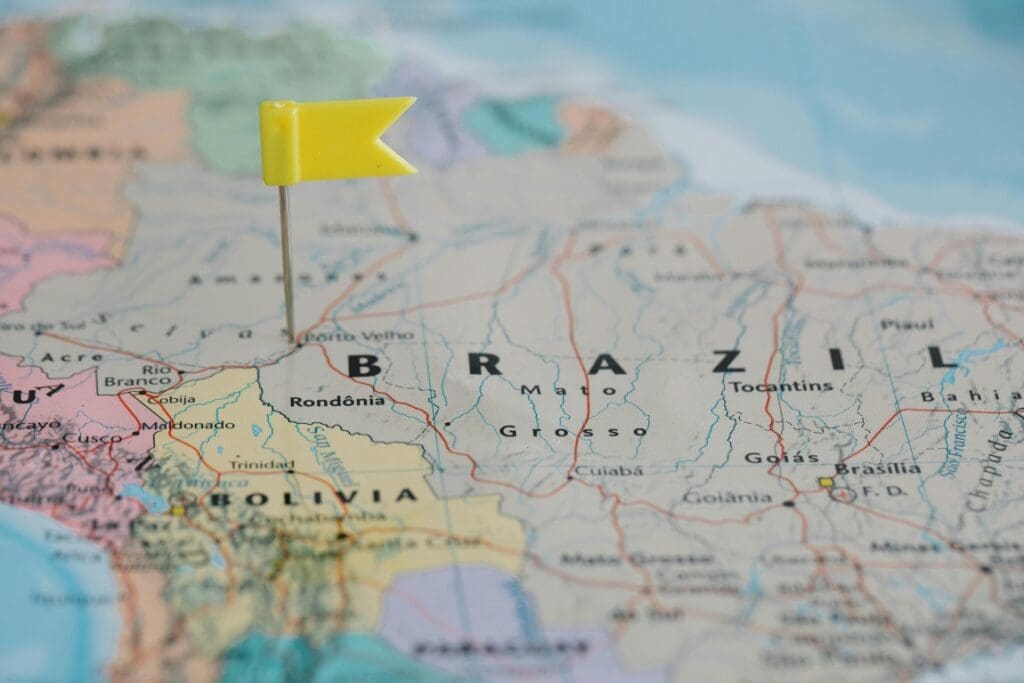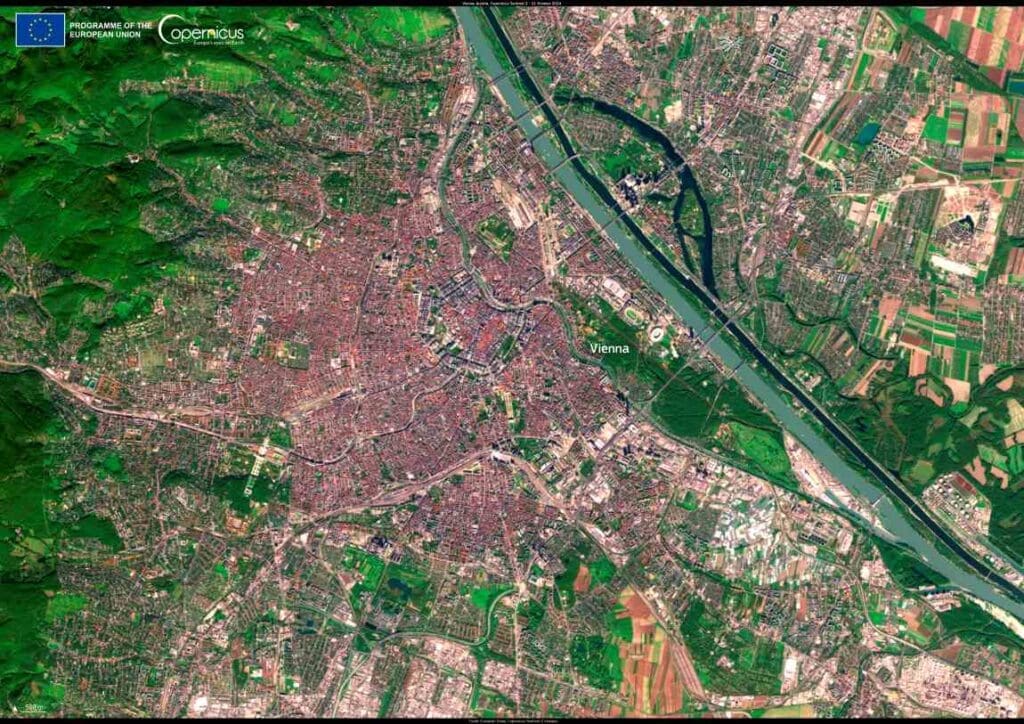The EU’s sustainable finance framework urgently needs to expand. In its current form, the taxonomy will not meet the Paris Climate Agreement target of limiting global temperature rise to 1.5°C.
University of Technology Sydney – New research shows that the EU’s sustainable finance framework urgently needs to expand and that, in its current form, the taxonomy will not meet the Paris Climate Agreement target of limiting global temperature rise to 1.5°C.
The EU taxonomy is a classification system that defines criteria for economic activities to be considered environmentally sustainable, promoting investment in sustainable projects to help meet climate goals.
The research is highly relevant for the international finance sector because of the ongoing development of various taxonomy policies such as the ASEAN region, Singapore and Australia.
The research compares the EU taxonomy with scenarios devised using the One Earth Climate Model (OECM), a world-leading integrated energy assessment tool that was developed between 2017 and 2019 under the leadership of the University of Technology Sydney (UTS) and the Net-Zero Asset Owner Alliance.
Based on this methodology – and if the EU Taxonomy were fully implemented for the entire EU economy – the economic activities defined by the EU Taxonomy would cover 30% of the EU’s GDP, but would only cover 7.2% of all the energy-related CO2 emissions of the European Community (EU27).
OECM co-founder and UTS Institute for Sustainable Futures (ISF) Research Director Associate Professor Sven Teske said the EU taxonomy is a blueprint for the development of taxonomy policies globally, and therefore highly relevant for the international finance sector.
“We found that taxonomies need to include all industries and must take the transition finance period into account. The current EU taxonomy does not include both of these points. It needs to be expanded to be truly effective in advancing a sustainable, low-carbon future. The OECM can really boost its rigour and ensure we limit temperature rise in a science-aligned, equitable way,” he said.
The OECM has been applied to all member states of the G20 and the EU27 region to develop energy scenarios and fair carbon budgets for each country, as well as detailed carbon budgets for key industries in each country.
Compared to the current EU taxonomy, these scenarios highlight several gaps in the taxonomy. This study recommends three major inclusions to address these gaps:
- Broader industry inclusion: All industries and service sectors, including the currently absent chemical industry, must be included in the taxonomy.
- Long-term goals: The taxonomy should establish long-term targets leading to net zero emissions, beyond the current 2025 and 2035 benchmarks.
- Support for transition finance: The taxonomy must address the gap in ‘transition finance’ to aid the shift between technologies.
Science-aligned guidance for investment
For investors, the enhanced EU Taxonomy with OECM pathways will enable more effective investment in industries aligned with global climate goals. It would also offer insights into high-impact areas – such as the chemical sector – where their contributions can drive substantial environmental change and generate long-term economic returns.
Associate Professor Teske will present this research at the COP29 conference in Azerbaijan on Thursday 14 November, at the Australian Pavilion..
More information:
One Earth Climate Model | Institute for Sustainable Futures
Report Citation:
Teske, S., Feenstra, S., Rispler, J., Niklas, S. (2024) ‘One Earth Climate Model 2024, Science-based Target Setting for the Finance Industry; Implementation of the EU Taxonomy with GICS based Net-Zero Sectoral 1.5°C pathways for Real Economy Sectors’, University Technology Sydney, Institute for Sustainable Futures; September 2024. Report download (pdf)
Article Source:
Press Release/Material by University of Technology Sydney
Featured image credit: Javier Miranda | Unsplash




